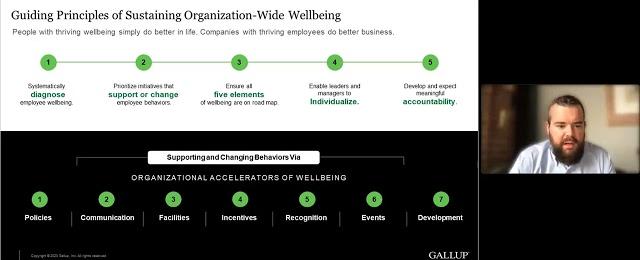One size fits one: How to approach wellbeing to meet the needs of your workforce and workplace

As employers continue to prioritize employee wellbeing, there’s a growing recognition that a one-size-fits-all approach simply won’t cut it. In a recent article by HR Magazine, writer Julia Belgutay explores how companies can take steps to tailor their wellbeing programs to the specific needs of their workforce and workplace.
Belgutay notes that while some organizations may offer an extensive menu of wellbeing options, from fitness classes to mindfulness sessions, what works for one employee may not work for another. That’s why it’s important to take a data-driven approach to wellbeing, leveraging employee feedback and insights to create programs that truly meet their needs.
One way to achieve this is through employee surveys, which can help identify the specific pressures and stressors impacting individual teams or departments. This information can then be used to tailor interventions, such as targeted mental health support or training on work-life balance.
Another key consideration is the physical environment. For example, those working in open-plan offices may benefit from designated quiet zones or flexible working arrangements to help reduce distractions and improve focus.
Ultimately, the key to successful wellbeing programs is understanding that there is no one-size-fits-all solution. Instead, companies must take a nuanced, data-driven approach to create tailored interventions that truly meet the needs of their workforce.
As someone who has worked in a variety of workplaces, I can certainly attest to the importance of tailored wellbeing programs. What works for me as an individual may not work for my colleagues, so it’s critical that organizations take the time to understand their specific needs and create tailored interventions accordingly.
Overall, this article provides valuable insights into the importance of tailoring wellbeing programs to meet the unique needs of both employees and the workplace. By taking a data-driven approach and creating targeted interventions, companies can better support their staff and foster a culture of wellness over the long term.
Quick Links

